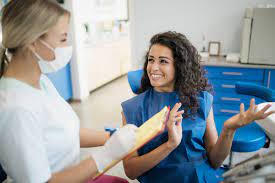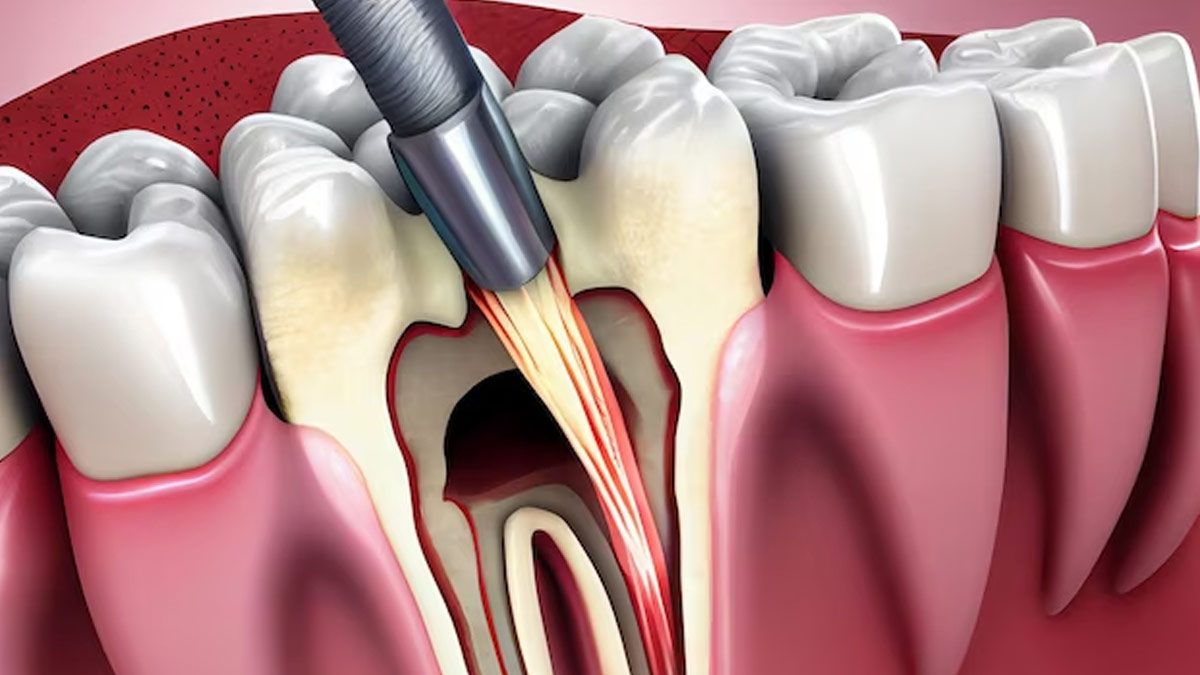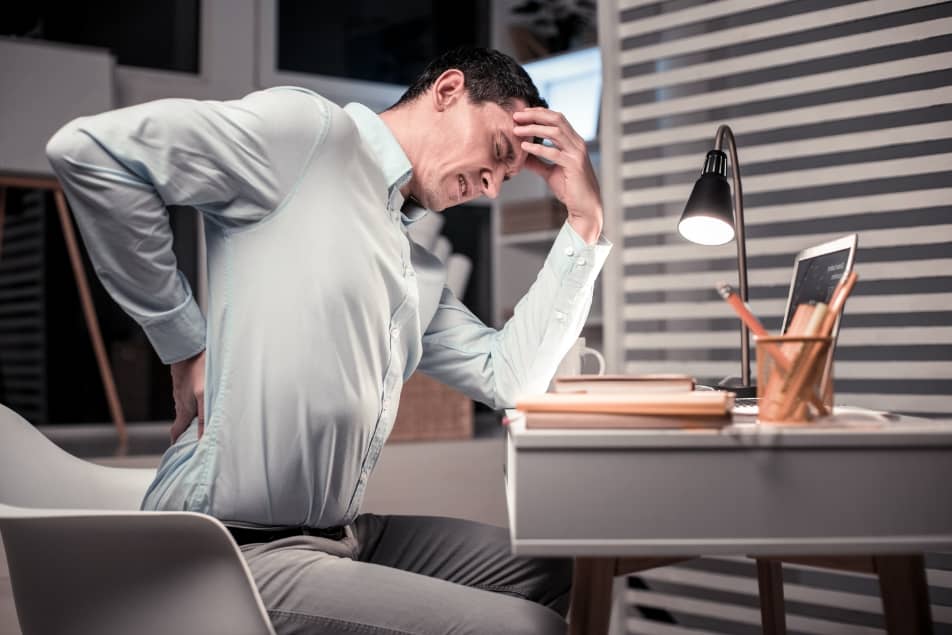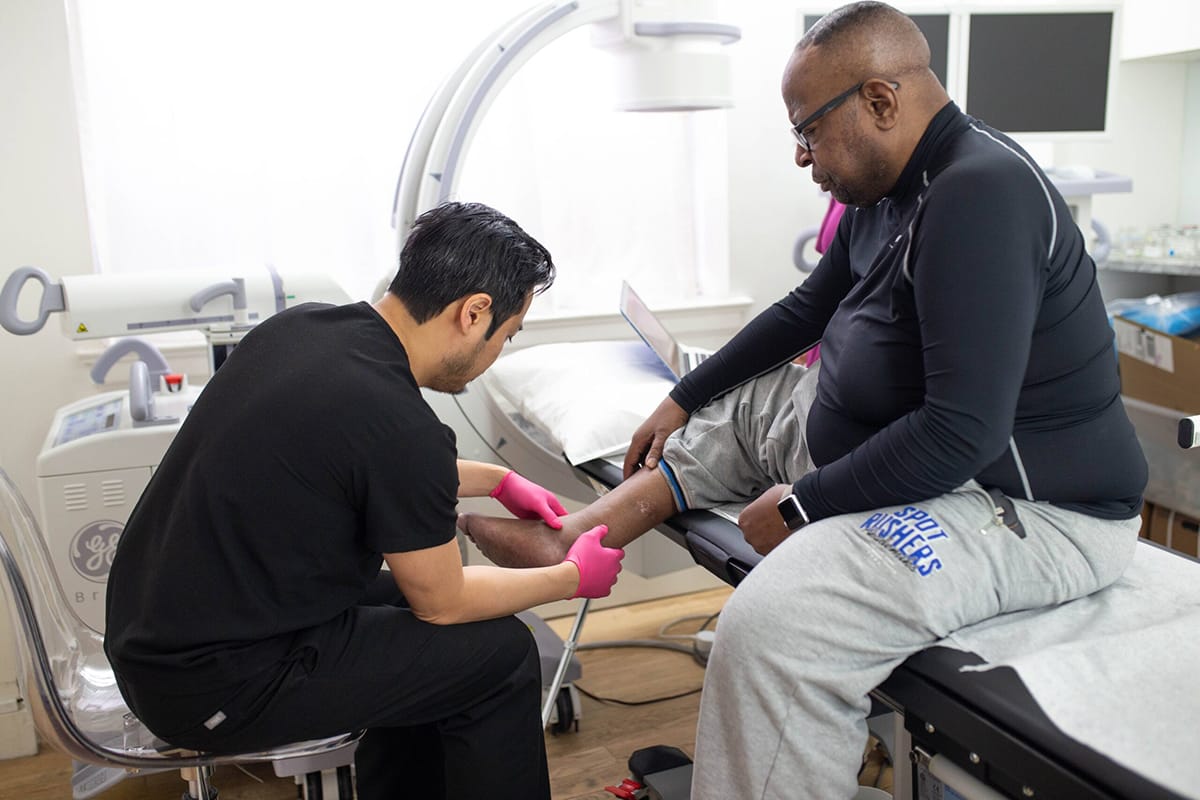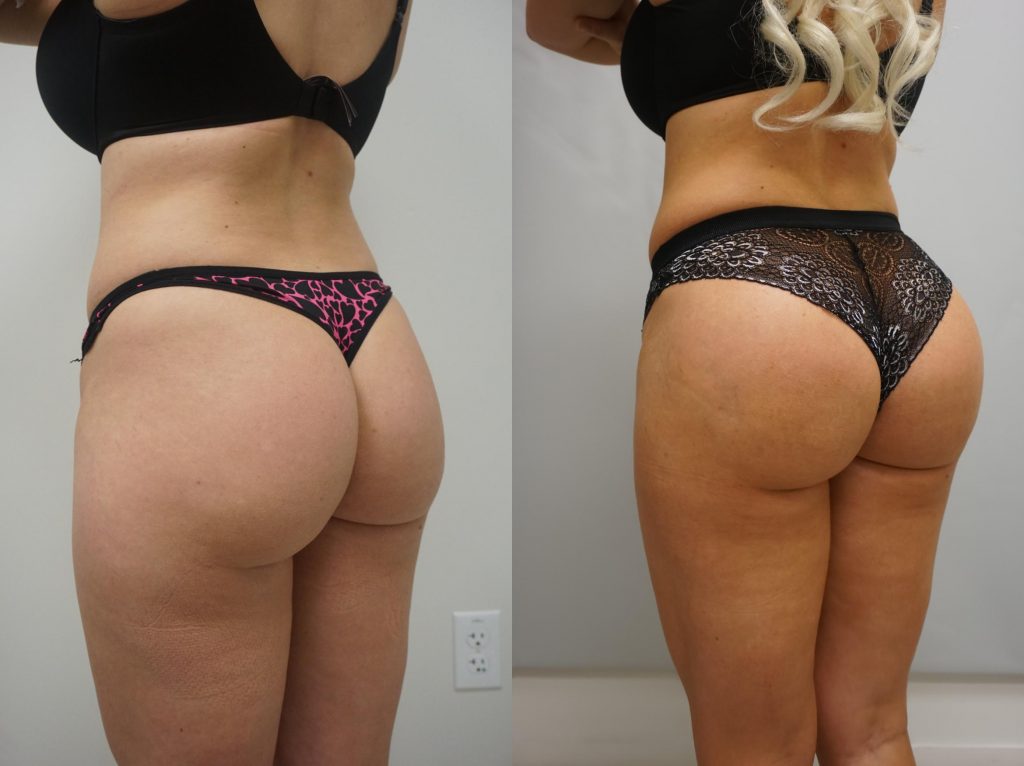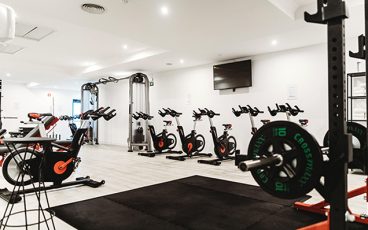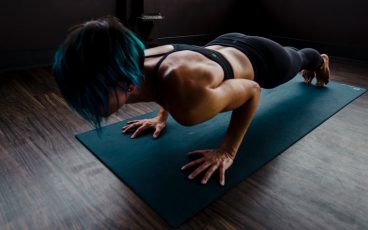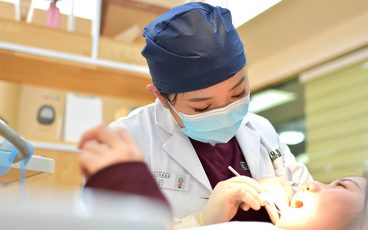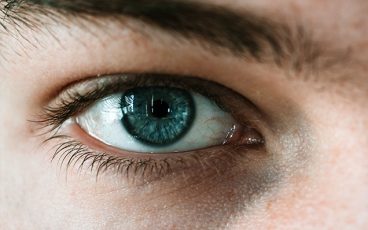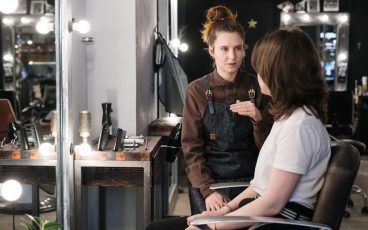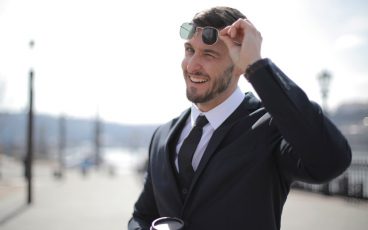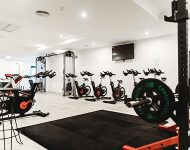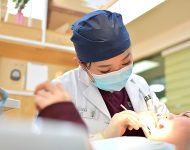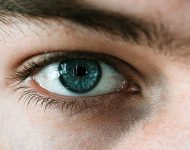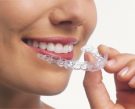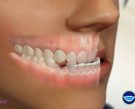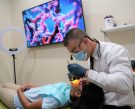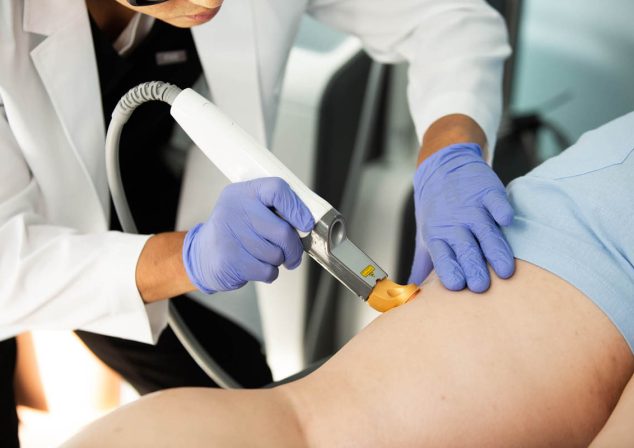
Varicose veins are twisted, bulging veins that frequently develop on the legs. They may result in pain, discomfort, and self-consciousness. Varicose vein surgery was once the only choice for therapy, and What are the Treatment Options for Varicose Veins? These safe and efficient therapies improve both the symptoms and the look of varicose veins. The non-surgical treatments for treating varicose veins are discussed in this article, along with their advantages and how they can help promote healthier legs without surgery.
Non-Surgical Options for Curing Varicose Veins
Sclerotherapy
A popular non-surgical method for treating varicose veins is sclerotherapy. An expert solution is injected into the troubled veins throughout this treatment. The veins are irritated by this solution, which causes them to constrict and adhere. Blood flow is enhanced, and the visibility of varicose veins is reduced due to the body’s gradual absorption of the treated veins. Sclerotherapy is a common treatment option for those looking for non-surgical alternatives because it is minimally invasive and has little to no recovery time.
Laser Endovascular Ablation (Evla)
Another non-surgical therapy option for varicose veins is endovenous laser ablation (commonly referred to as EVLA or EVLT). This method involves inserting a laser fiber into the troubled vein. The laser fiber emits targeted heat that causes the vein to close and seal shut. Varicose veins’ symptoms are lessened, and their appearance is improved as blood flow is switched to healthier veins. The recovery time is short, and there is less discomfort with EVLA as a treatment.
Ablation Via Radiofrequency (Rfa)
RFA, also known as radiofrequency ablation, is a non-surgical procedure that involves heating and sealing the injured vein with radiofrequency radiation. Though it uses a different energy source, this process is comparable to EVLA. By inducing the vein to constrict and close, RFA efficiently cures varicose veins. Like EVLA, RFA offers good results with little discomfort and a faster recovery time than conventional surgical techniques.
Stockings With Compression
A conservative and non-invasive method of controlling varicose veins is wearing compression stockings. The moderate pressure these specialty stockings exert on the legs promotes blood circulation and lessens symptoms like edema and soreness. Compression stockings can relieve symptoms, slow the development of varicose veins, and support the veins. They are beneficial for people with mild to moderate varicose veins or as a maintenance option after treatment to sustain outcomes.
In Conclusion
There are a number of efficient non-surgical treatments available if you are looking to treat your varicose veins. Compression stockings, Endovenous Laser Ablation (EVLA), Radiofrequency Ablation (RFA), and Sclerotherapy are all safe and effective treatments for varicose veins. Without requiring surgery, these procedures reduce discomfort, promote blood flow, and improve the look of varicose veins.
What Type of Doctor Treats Varicose Veins? Consultation with a vascular surgeon or an experienced vein expert is crucial if you consider non-surgical treatment alternatives because they can assess your situation and suggest the best course of action. Just hold in mind that there are safe, minimally invasive ways to get healthier legs, relieve discomfort, and recover your confidence without surgery.
0 Comments 662 Views
YOU MAY ALSO LIKE
share
About me

Health And Healthy Tips is Free health blog, If you wish to be part of this blog and want to conribute contents which are interesting for our readers, please contact us.
CATEGORY
- Beauty (19)
- BUSINESS (3)
- Dental Care (187)
- Eye Care (12)
- Fitness (23)
- Healthy Life (179)
- Men's (10)
- Women's (12)

